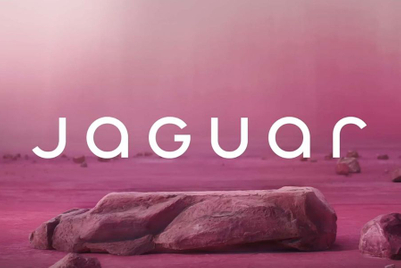
Participants
- Pao Peña (left): integration and branding head, Globe Telecom
- Nicola Yates (right): APAC digital director, ZenithOptimedia
What is the value of Viber to Rakuten?
Peña: Messaging, regardless of platform, is a fundamental. With greater accessibility through smartphones, owning messaging has become more important. Owning basic online activities gives businesses a much larger footprint.
Yates: Viber helps Rakuten increase its user base to around 500 million and gives it access to global users to whom it can cross-sell products.
Why does Facebook need another messaging app beyond the one that’s built into the network already?
Peña: Adoption of the Facebook Messenger app has not been as pervasive as WhatsApp. Some, if not most, users have not installed the separate Messenger app, whereas WhatsApp boasts a user base uniquely identified with working mobile numbers.
Yates: Facebook Messenger is only a top app in US, WhatsApp gives Facebook reach into two key markets, Africa and Asia, where it is the number one app.
Is this the beginning of a bidding war for the rest of the messaging pack?
Peña: For a while, some people thought messaging was dying because of Facebook. But they’re realising this basic human activity is going to continue. Media conglomerates could soon run after messaging because it clearly establishes relevance.
Yates: Any company that is consumer-focused could be interested in messaging apps. It’s easier to buy existing users and cross-sell to them, than trying to get them to come to your branded app.
Will this chapter of tech buyouts end better than eBay’s purchase of Skype in 2006?
Peña: It’s all about timing. Sometimes a buyout is premature, when the market has not yet ripened. Buyout of companies where the market has matured in a certain space such as messaging or social would be very central.
Yates: I think it will yes. You could say Skype was ahead of its time and not many people made use of it, only early adopters. People are now more familiar with Skype, FaceTime, messenger apps — people are comfortable communicating through them.
WhatsApp’s founders have always promised no ads, is Facebook likely to uphold that pledge?
Peña: Connecting WhatsApp to their social ecosystem would be important to keeping Facebook sticky in terms of usage and contemporary as a brand. Apps like WhatsApp are high on stickiness (relevance).
Yates: In the short term it’s unlikely it will start running ads in the app. I think the monetisation model will be m-commerce. WeChat and Line are exploring m-commerce’s potential, which naturally sits with apps that users trust and use on a daily basis.
What’s more important: user base, data capture potential, or following?
Peña: User base is good for driving ad revenue. Data capture potential matters for companies seeking behavioural intelligence. Brand following is important to companies looking for a halo effect.
Yates: The user base. If you look at the Viber and WhatsApp deal, both of them have high user numbers in markets that both Rakuten and Facebook want to expand into to connect with people.




.jpg&h=334&w=500&q=100&v=20250320&c=1)
.jpg&h=334&w=500&q=100&v=20250320&c=1)
.jpeg&h=334&w=500&q=100&v=20250320&c=1)
.jpg&h=334&w=500&q=100&v=20250320&c=1)
.jpg&h=334&w=500&q=100&v=20250320&c=1)
.jpg&h=334&w=500&q=100&v=20250320&c=1)








.jpg&h=268&w=401&q=100&v=20250320&c=1)
